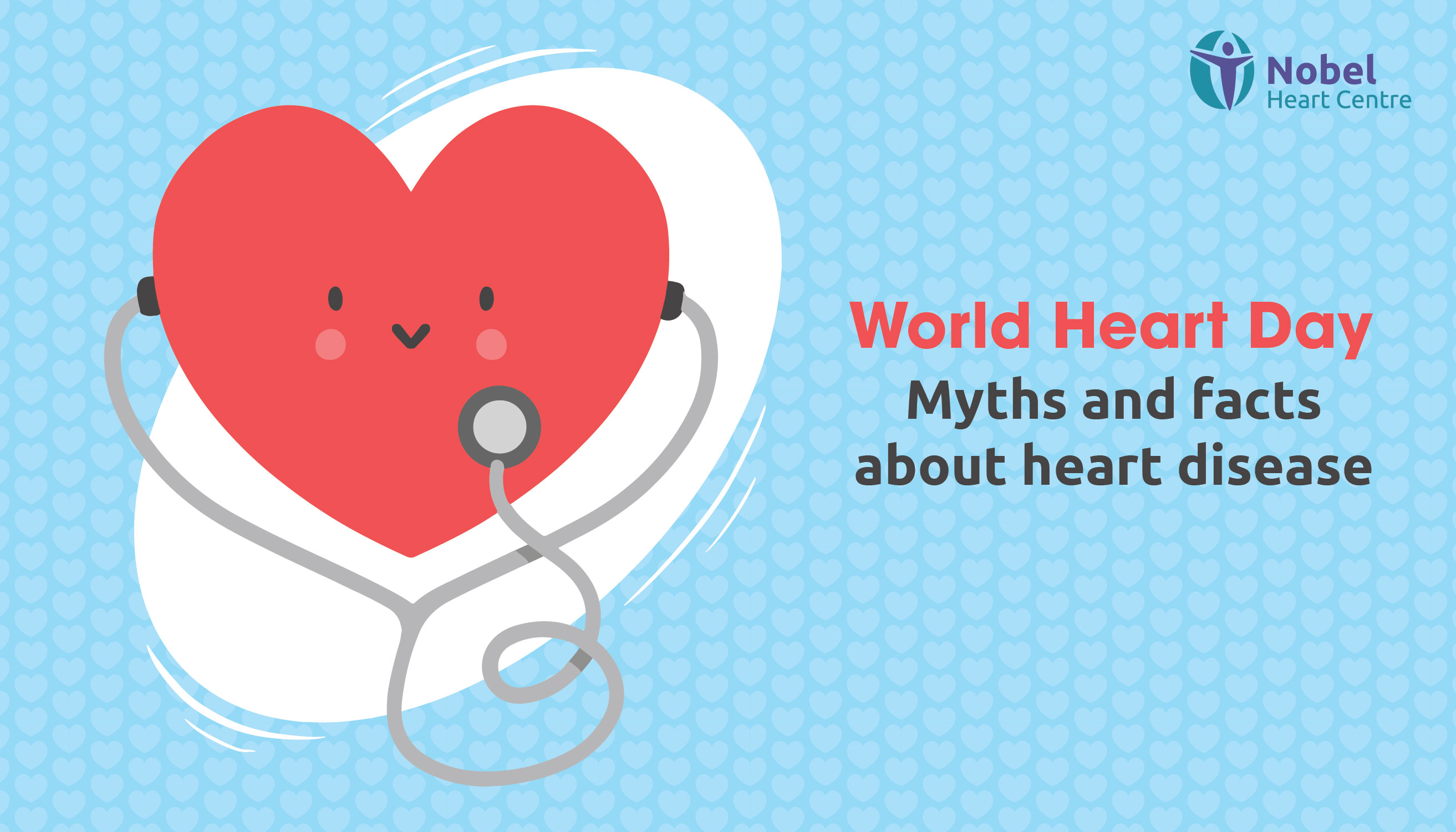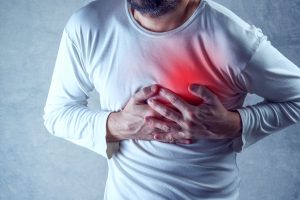
Heart attacks are the number 2 killer in Singapore, after cancer. We address some common myths people believe about heart disease and heart attacks and highlight things you should pay attention to.
Myth 1: Heart disease only affects older people, I don’t have to worry about it while I’m still young.
In general, older people are at higher risk for heart disease. However, the younger population may also develop premature heart disease, especially if they have significant risk factors such as diabetes, high blood pressure, high cholesterol, strong family history of heart disease, or history of smoking.
That is why one should consider early health screening to identify your risks for heart disease and modify the risks before it is too late.
Myth 2: I will know when I’m having a heart attack because I will experience chest pain.

Most people will have some form of symptoms when they are having heart attack. These symptoms range from severe crushing chest pain, to sudden onset of difficulty in breathing.
However, silent heart attacks are increasingly common today, accounting for almost half of all heart attacks globally. Some patients may experience symptoms so mild and fleeting that they can get confused for a passing discomfort, or another minor illness, and thus ignore them.
Some common symptoms include:
- Persistent fatigue over a few days
- Mild and brief discomfort in other upper-body areas, such as one or both arms, the back, the neck, the jaw
- Mild and brief discomfort in the stomach, similar to gastric reflux, indigestion or heartburn
- Breaking out in a cold sweat, or feeling nauseated or lightheaded
Myth 3: Taking my heart medication is enough to prevent a heart attack.
Medications are used to optimise and modify your risk factors, and hopefully reduce the risk of you getting your first or subsequent heart attacks. Even more importantly though, is to have a healthy lifestyle, which includes regular exercise, and a balanced diet.
We may not be able to prevent a heart attack, even with medications, but there are many ways to reduce the risk of heart attacks and other heart diseases by improving your lifestyle.
- Quit smoking: The chemicals in tobacco or cigarettes can damage the heart and blood vessels. Carbon monoxide in cigarettes also replaces the oxygen in the blood, increasing blood pressure and heart rate, which can lead to heart attacks.
- Eat healthily: Reduce saturated fat, trans fat, salt and excessive alcohol consumption in the diet. Adopt a balanced diet and maintain a healthy weight to manage risk factors such as cholesterol, blood pressure, diabetes and obesity.
- Keep active: Make the time for regular exercise, as this greatly helps to lower blood pressure, cholesterol and even manage stress.
- Health screenings: Go for regular health screenings to manage risk factors, such as blood pressure, cholesterol levels and diabetes.
Myth 4: I exercise regularly, so I’m not at risk of heart disease, or a heart attack.
Regular exercise is beneficial, not only for your heart, but your health in general. However, there is more to heart disease than just exercise alone. Good lifestyle habits, proper sleep and a balanced diet are some of the easy ways to give your heart a lift.
Please consult your doctors regularly and discuss with them on how best to optimise your health and reduce your risk of having your first heart attack.







